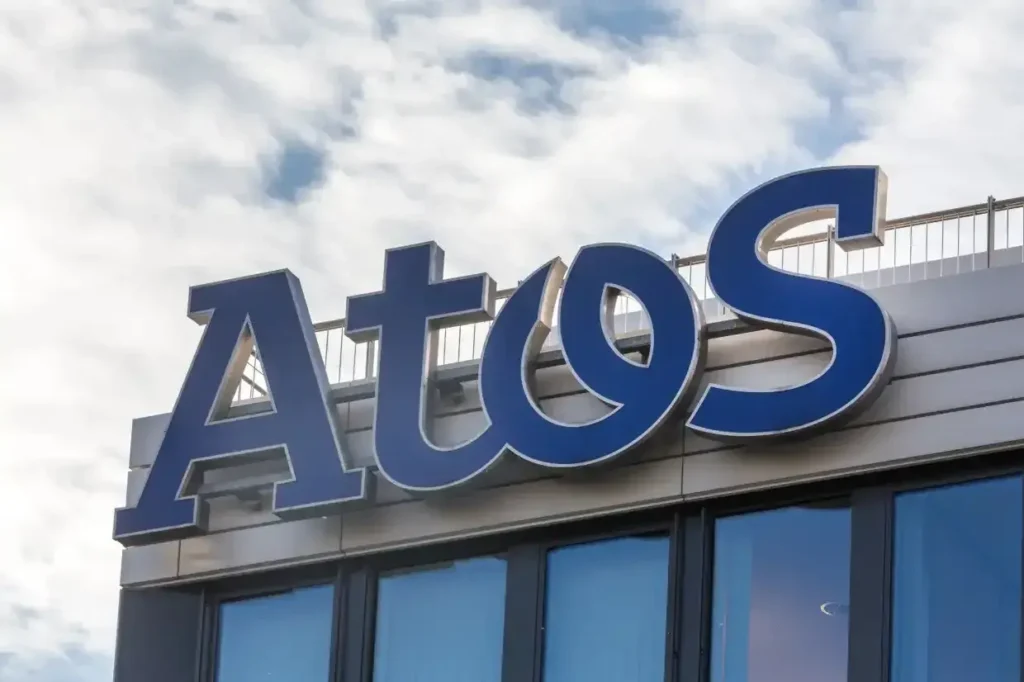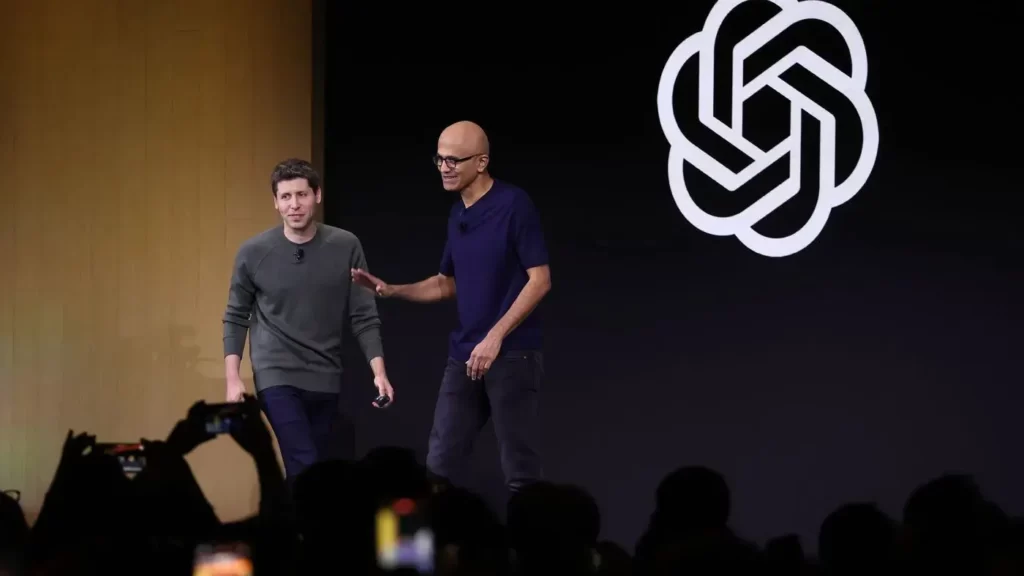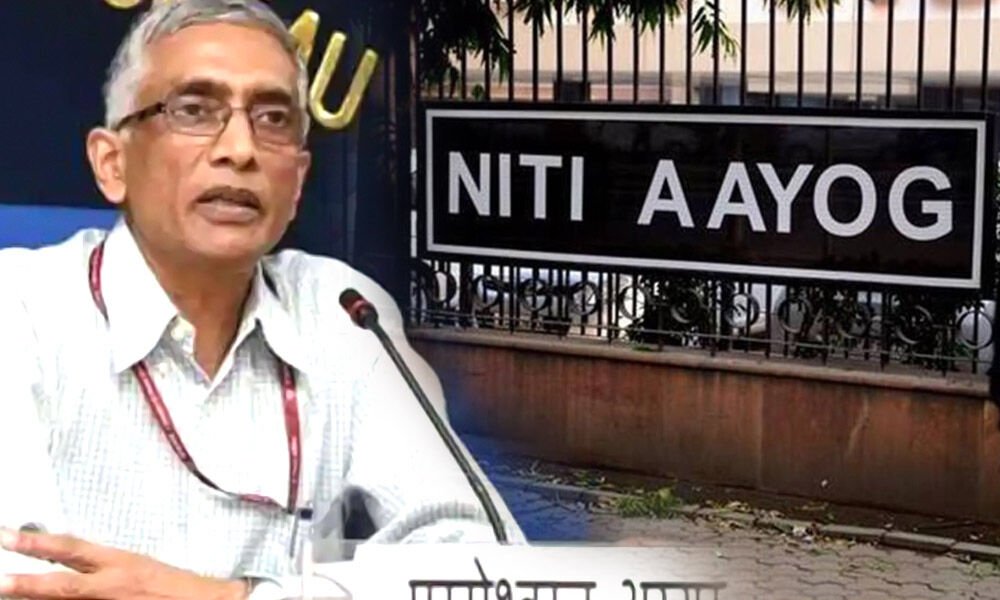It’s time we understand that change is inevitable and the need to change our mindset is very vital says Pratima Sinha, CEO, DSR Educational Society Hyderabad, with seven Birla Open Minds International and Preschools under its aegis in an interview with ArdorComm News Network (ANN). What initiatives did your prestigious schools carry out to enhance teaching training to deal with learning in the new normal? Teachers are the backbone of the school and imparting the right kind of education totally depends upon them. With the responsibility of giving unconditional support and guidance to a child, the teacher needs to be always on her toes, forward thinking, in touch with new practices, creative and innovative and ready to face any challenges. The humungous, unexpected and unprecedented challenge that the teachers faced during the pandemic shook the core of the Education System. Every School scrambled to ensure that the learning process shouldn’t get affected and on priority and at the top of the to do list was training of the teachers to teach them the use of technology to teach. For this we had to counsel the teachers very closely to change their mind set for the major change of shifting from physical to remote teaching. Motivate them to relook, review and change the curriculum, the lesson plans for smooth conduction of online classes. New strategies and tools to be adapted to give more and more authenticity to the teaching learning process. Every day there were sessions with the teachers to understand their improvement as well as any further challenges they may be facing. It was an intensive and constant monitoring process that was followed. Further on the need to give emotional stability to the teachers became a must. Teachers were working from the confines of their houses and managing home as well as work front. To give them the emotional strength, the confidence to feel that they are doing a wonderful job we initiated many webinar sessions By the teacher and For the teacher. These sessions made our teachers experts in researching, making presentations, conducting sessions using the best of technology. We ensured that teachers were part of pedagogical sessions that stressed on quality education through remote teaching. We also encouraged our teachers to participate in online competitions initiated by various organizations. This ensured that their competitive spirits remained high. Today I feel proud when my teachers are invited as speakers in various webinars and are conducting successful online classes with such elan and confidence. How do you think schools can utilize technology to face the challenges of the pandemic? Schools have absorbed the use of technology for remote teaching in totality and will continue to do so. New and more sophisticated tools are regularly introduced by tech companies which are being used to enhance teaching. These tools are used for better explanation, more experiential experience, interactive and integrated teaching, holding debates, discussions, giving assignments, conducting formative and summative assessment. As students are very comfortable in using technology, teachers are using it to their advantage by encouraging students to do self-directed learning through flip learning, project and problem-based learning. Students are encouraged to do research and make presentations. The activities mentioned in the school calendar whether it is Literary Fest, MUN, Science fares, competitions, hobbies, parent orientations, PTM to name a few have been conducted with great success using technology. Connecting students with their peers from across the globe, participation in competitions held globally, sharing best practices, their cultures and traditions have made the students more empathetic and open minded. Bringing in experts from various fields placed in different locales to interact with the students and give them an insight about their work has been possible only because of the use of technology. The possibilities are extensive and we understand the great need to invest in the use of technology in the teaching learning process not only during the pandemic but otherwise too. It is here to stay. How do you think the NEP will impact the school education sector? NEP has laid down very progressive plans for the school education sector and if implemented in the real sense and with sincerity we will be in par with any education system across the world. As educators we need to deeply look into the present system and reflect whether we are imparting the right education to our future generation. What we are teaching right now will it help them to sustain as confident individuals. It’s time we understand that change is inevitable and the need to change our mindset is very vital. The overall development that the student requires in terms of inter, intra and cognitive skills, conceptualized knowledge and its application, the life values, the aesthetic exposure is what we are looking at for our education system to provide. Education will take on a new meaning when we put aside the bookish knowledge, the rote learning, the grades and marks which are a huge burden on the student. I am looking forward to the positive approach in our school education system based on the NEP. What are the changes, do you think on the academic and operational side of school after the pandemic? Schools are reopening slowly offering both offline and online option to the students. Lot of preparations and backend work has gone into the reopening. Planning for COVID safety and prevention has been extensive as this is the prime concern. Schools have associated with corporate hospitals for emergency. Have created safety committees in the school to monitor and check the sanitizing facilities and regular sanitizing process. School infrastructure has been prepared as per government safety norms for reopening of schools. SOP created for safety measures keeping the WHO safety guidelines in mind. Lot of investment has gone into upgrading the technology available, safety material, posters and banners. All the staff members have been trained according to the COVID norms and the process to be followed in case of emergency. The School transport system also to follow detailed SOP






